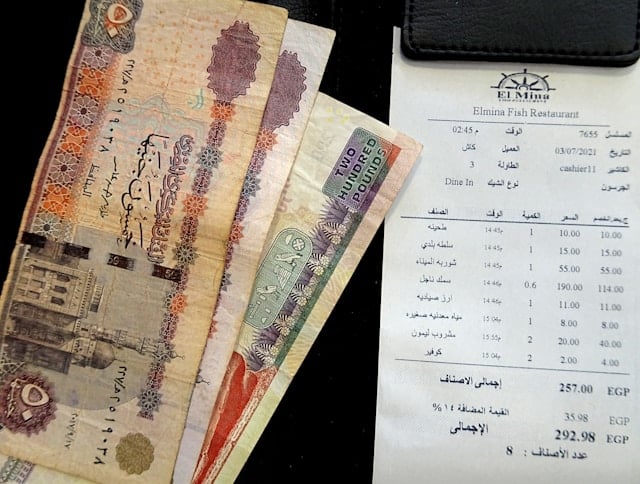Africa is a vast and diverse continent, home to over 50 countries and numerous distinct currencies. For Australians planning to visit, understanding how money works across different African regions is essential for managing travel budgets and avoiding unexpected challenges.
This guide offers a detailed look at the most common African currencies, how to exchange and use money while abroad, and what Australians should expect when travelling through both urban centres and remote areas. Whether visiting one country or several, proper financial preparation can improve your travel experience.
African Currencies: Country-Specific Insights
Unlike regions with shared currencies, such as the Eurozone, most African nations use their own distinct currencies. Some are stable and widely accepted, while others experience high inflation or limited international exchange. Here are examples of currencies Australians may encounter:
-
South Africa (South African Rand – ZAR): One of the most stable and commonly traded African currencies. Widely accepted and supported by ATMs and credit card systems.
-
Egypt (Egyptian Pound – EGP): Used throughout Egypt with a preference for cash, especially outside major tourist centres.
-
Ethiopia (Ethiopian Birr – ETB): Often used in cash form; card acceptance is growing in Addis Ababa but remains limited in rural areas.
-
Tanzania (Tanzanian Shilling – TZS): Widely used locally; US dollars may be accepted in tourism areas but not for everyday transactions.
-
Uganda (Ugandan Shilling – UGX): A cash-based economy where shillings are essential, especially in markets and small businesses.
-
Gabon (Central African Franc – XAF): Shared among several Central African nations and pegged to the euro, making it more stable than many others.
-
Gambia (Gambian Dalasi – GMD): Cash is king, with minimal credit card use; exchange services available in Banjul and major tourist areas.
Exchanging and Managing Money While in Africa
Currency exchange in Africa should be approached with caution. While exchange bureaus are available in airports and city centres, rates can vary significantly. It’s best to use official exchange counters or banks to avoid counterfeit bills and unfavourable fees. In many cases, withdrawing local currency from ATMs provides a good balance between rate and convenience—provided the ATM accepts international cards.
Australian travellers are advised to bring a mix of payment methods, including debit cards, credit cards, and some USD or EUR in cash, especially when travelling to areas where AUD is not readily exchanged. Digital wallets and mobile payment apps are becoming more common in some countries, such as Kenya and South Africa, but access may be limited in more rural regions.
Planning for Multi-Country Travel in Africa
When travelling through multiple African nations, currency management can be a challenge due to the variety of local currencies and the limited availability of regional financial services. It’s important to plan for changes in exchange rates and access to banking infrastructure.
To avoid issues, travellers should:
-
Confirm in advance which currencies are required in each country
-
Avoid carrying large sums of unused foreign cash when crossing borders
-
Exchange leftover currency before departing each country
-
Research local ATM fees and limits to avoid excess charges
-
Carry low-denomination bills to simplify transactions in cash-based markets
Additionally, consider using a multi-currency travel card that supports fee-free conversions and tracks spending across currencies.
Currency Tips for Travelling Across Africa
To prepare for a smooth financial experience across African destinations, keep these key tips in mind:
-
Always check exchange rates before making large transactions
-
Keep backup cards in case of ATM or payment failures
-
Be wary of accepting torn or damaged banknotes—they may not be accepted
-
Carry cash in small denominations for easier change and safer handling
-
Verify the legitimacy of exchange vendors and avoid street transactions
-
Notify your bank of international travel to avoid card blocks
-
Monitor your spending and keep receipts for budgeting or reconciliation
For more updates on international currency tips and exchange guidance, visit the Remitly Currency Blog.
FAQ: Currency in Africa
1. Can I use Australian dollars in Africa?
No. AUD is not accepted for purchases. Convert your money into local currency or use cards and USD where accepted.
2. Are US dollars accepted across Africa?
US dollars may be accepted in tourist-heavy areas, but local currencies are generally required for everyday expenses.
3. Is it safe to use ATMs in African countries?
In urban areas, yes—especially when using ATMs inside banks or hotels. Avoid using standalone machines in low-traffic areas.
4. What is the best way to carry money while travelling in Africa?
A mix of cash and card is best. Keep small denominations of local currency and use a secure wallet or money belt.
5. Are currency exchanges easy to find in rural areas?
Not always. It’s best to exchange money in cities or at airports before travelling to remote destinations.
